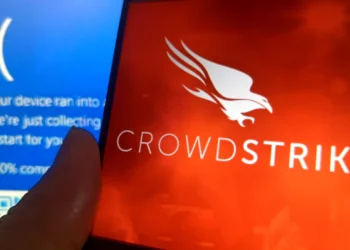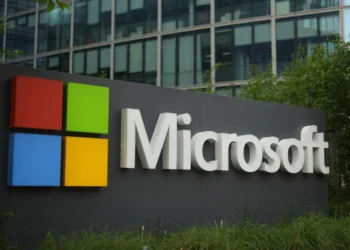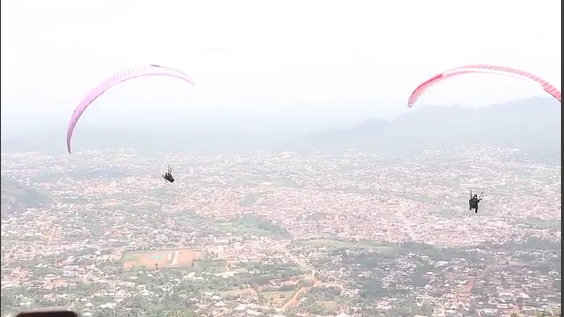Let’s face it, technology has been the prime mover of disruptive events in the millennia, but the disruption of coronavirus to life as we know it, will leave a lasting impact on how quickly we adapt some of these technologies.
The objective of this article is to share an understanding of Virtual Reality, and how it plays out in various scenarios, as well as explore the possibilities for events of tomorrow, and how it will affect the world of collaborative tools and platforms like webinars and video-conferencing.
The virtual world has been a pastime of lonely teenagers, playing online games in darkened bedrooms; the sound of reality blocked out by wireless headphones, and lost in a world with strangers and friends, trying to gain validation, and, in some cases, building virtual lives on the web.
There has actually been a virtual economy of real estate, currencies, employees and vassals on the web, since the advent of the dot com boom.
This experiences have been driven by the technology that anchors the phenomenon of Virtual Reality – a digital experience which delivers a real-like world that no one else can see; just like closing one’s eyes, listening to music and getting so immersed that one can envision the artiste on stage.
The popularity of Virtual Reality amongst impressionable young people is due to the fact that it delivers an experience that, even though, is far from real, immerses the participant in a huge real-life experience that offers more control than in the real world.
In fact, the experiences are so real that there is currently a real concern about it’s negative impact on the mental and physiological health of its most enthusiastic participants.
Thankfully, the digital technology that drives Virtual Reality has spawned many more endeavors beyond the initial output of games and pastimes, into much more productive ventures.
According to Kenneth Evans, there are 5 different types of Virtual Reality outcomes; thus:
Non-immersive reality

- A non–immersive reality where the viewer is not fully immersed in the reality of the device. It doesn’t deliver the experience of being back in time or even ignite the person’s senses but one would still get a virtual reality experience.
Fully immersive reality

- Delivers a full virtual experience powered by something close to quantum computer capability which is able to detect sounds, sight, and even the slightest movement. The experience of the user is adjustable, making is a surreal real experience.
Augmented reality

- This digital experience places one in an environment where there are 3D mappings of real estate and other relevant elements. More like an experience of the reality around us. One can move around areas in the computer to experience the reality, using a smartphone.
Collaborative reality

- This experience usually involves multiple people in multiple locations, sharing their inputs and contributions to achieve a common goal. This virtual reality gives the viewer an interactive experience and so one can even share their experience with other people in the virtual world. This reality is more inclined towards multiplayer games, in more recent times, education and surgical procedures.
Web-based reality

- The discovery of Virtual Reality Markup Language (VRML) has made it possible to to deliver virtual reality over the internet, giving people the opportunity to interact and have real experiences with their friends on social media. This reality has brought us to the cusp of a New Social VR world!
Now, we have acquainted ourselves with the various types of virtual reality, which isn’t exhaustive, considering our rapidly changing world of technology, let’s move into the realm of possibilities for events, and how virtual reality will influence the organization of events.
Like I mentioned at the opening of this article, our socio-cultural habits will be changed by the adjustments we are making in these times of a global pandemic. We will be embrace technology a lot more, and leverage it not just to enhance productivity, but also further consolidate the socio-cultural idiosyncrasies we have adopted along the way.
I have observed a gradual but significant shift in the area of sporting events, industry conferences and knowledge-sharing events being moved into the virtual realm, and this will not go away when our lives return to some form of normalcy. A few examples here will bring clarity to my drift:
Social Media Week New York & LA = SMWOne

The flagship digital marketing industry events for Social Media Week have been moved online over a period spanning 4 weeks, instead of the usual 5-day location-based conference that had industry and brands people pressing flesh and interacting over keynote addresses, fireside conversations, academy masterclasses and parties.
Virtual Grand National
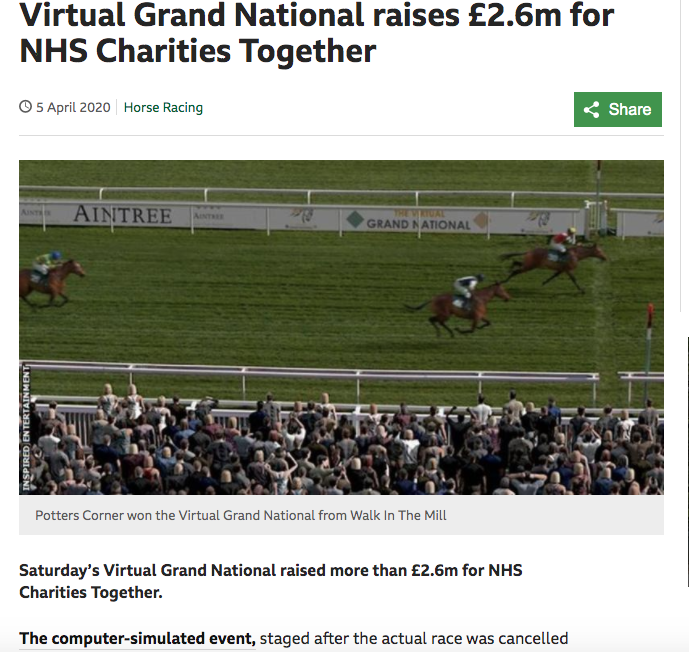
Saturday’s Virtual Grand National raised more than £2.6m for NHS Charities Together. The computer-simulated event, staged after the actual race was cancelled because of the coronavirus pandemic, was “won” by 18-1 shot Potters Corner. Bookmakers paid out on the “winner” and are donating profits from losing bets.
The event had a peak television audience of 4.8m – 30% of the audience – on ITV, with an average figure of 4.3m during the 30-minute broadcast. (Source: https://www.bbc.com/sport/horse-racing/52175385)
2020 Experience Design Virtual Conference
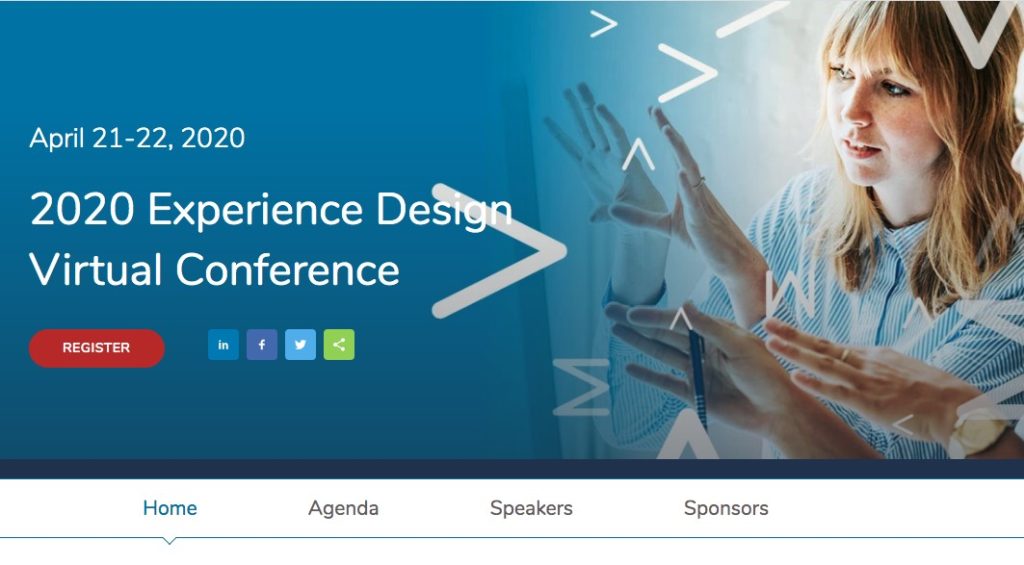
One can register for American Marketing Association’s Virtual Conference: Experience Design to receive a link to watch later on-demand. The virtual conference explores elements of experience design and how marketers can better research your customers and design with ROI in mind. Other tracks include improving the collaboration between marketing teams and customer experience teams and what this means for future productivity and effectiveness.
So there you have it! 3 upcoming virtual events that presents a harbinger of things to come in the category of events, particularly conferences and seminars.
This is what I believe will happen, going forward, into the next 5/10 years: more events will leverage more than collaborative tools and platforms to deliver online-based events. Event organizers will explore and invest in the use of Virtual Reality technologies to roll out more immersive events, that will elevate the digital experiences of attendees into realms of the futuristic.
For sure, there will be lingering concerns about 5G — so added to the challenge of huge investment required, has been added health concerns, recently exacerbated by theories linked to the Coronavirus pandemic —, ethical concerns related to data protection/user privacy and user mental health.
Nevertheless, times are changing and the times have compelled all of us, across categories, to fully embrace technologies that hitherto had cult-like acceptance.






